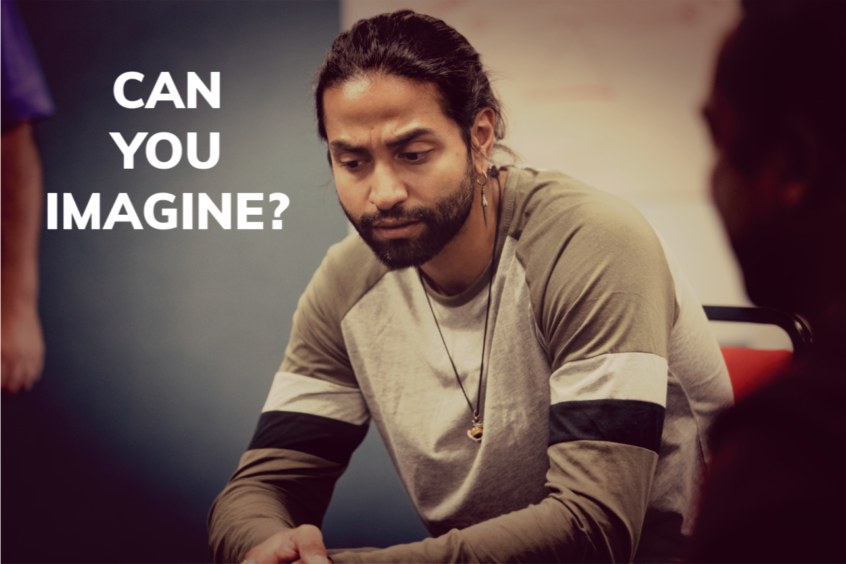We have imagined many different situations over the past few days to help us understand why some people in our community may be having a harder time dealing with COVID-19. Today, we’re thinking about how COVID-19 is impacting Indigenous people.
Indigenous people and communities are taking actions to protect themselves during this pandemic.
By using traditional knowledge, language and practices, they are implementing the COVID-19 rules and working with local agencies to protect Indigenous communities. But, we did not all enter this COVID-19 pandemic from the same starting point.
The effects of ongoing Colonization efforts of settlers (Europeans) have harmed Indigenous people in ways that put them at a disadvantage for dealing with COVID-19.
Through Colonization, settlers have tried to strip Indigenous people of their traditional lands, territories, livelihoods and culture. As a result, long before COVID-19, many Indigenous people were experiencing poor access to healthcare, significantly higher rates of disease and infection, lack of access to essential services, sanitation, and other key preventive measures, such as adequate housing and clean water. In addition, Indigenous people often face stigma, discrimination and trauma when interacting with settler (‘mainstream’) services, which negatively affects their well-being – physical, mental, emotional and spiritual.
Our health is connected with the well-being of others in our community.
This connection was there before COVID-19 and will live on after. This pandemic has given us a chance to think about why the needs of some of us are put in front of the needs of others.
Can you imagine being ok with:
- Not having clean water?
- Being treated poorly by someone who is supposed to help you?
- Having limited access to essentials – like jobs (money), food and good shelter?
- Others being able to have these things while you are not?
The truth is, COVID-19 is shining a light on how the conditions created through Colonization efforts have put Indigenous people at a higher risk for infection. These conditions existed long before COVID-19 came around.
Let’s use this pandemic to learn about the history of Colonization, the effects, and the actions we each need to take to work towards reconciliation (links below).
Now is the chance to learn and work towards improving the conditions that put people at risk for poor health.
Resources:
Truth and Reconciliation Commission (TRC)
National Inquiry into Missing and Murdered Indigenous Women and Girls
To learn more about Indigenous Peoples and COVID-19 check out: https://www.ictinc.ca/blog/indigenous-peoples-and-covid-19
For more about the things that shape our health visit our Health Equity Matters page.
Thanks to https://www.un.org/development/desa/indigenouspeoples/covid-19.html for guiding the content of this post.
Other Articles in the Can You Imagine Series
Living through COVID-19 in a different country?
Living through COVID-19 if you didn’t feel safe in your home?
Living through COVID-19 if you had limits on your physical or intellectual abilities?

